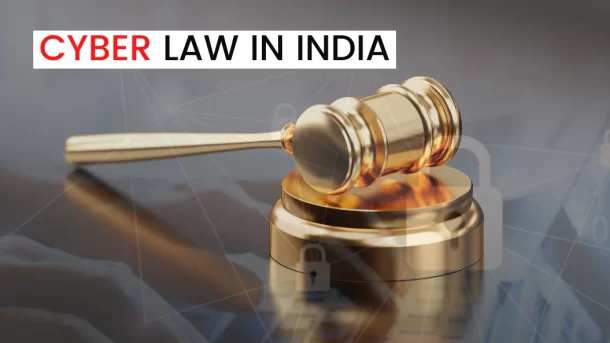In 2008, the Indian government passed the Information Technology (Amendment) Act, which aimed to address various issues related to cybercrime and electronic transactions. The Act included provisions for punishment of cybercrimes such as hacking, identity theft, and publication of sexually explicit material, as well as measures to promote electronic commerce in India.
The Act also established the Office of the Registrar of Certifying Authorities, which is responsible for issuing digital signatures and certificates, and the Cyber Appellate Tribunal, which hears appeals related to decisions made under the Act.
The Act was amended in 2018 to include several new provisions to address the emerging threat of cybercrime, like introduction of new offences such as unauthorized access to protected systems and computer-related extortion, and increased penalties for existing offenses.
In 2019, the Indian government passed the Personal Data Protection Bill, which established a framework for the collection, storage, and use of personal data in India. The bill also established the Office of the Data Protection Authority to oversee compliance with the bill’s provisions.
In 2020, India’s Ministry of Home Affairs issued the Information Technology (Guidelines for Intermediaries and Digital Media Ethics Code) Rules, 2020. These new rules are aimed at regulating the intermediaries, including social media platforms, to prevent the spread of misinformation, hate speech and fake news.
Overall, the Indian government has taken a number of steps to address the issue of cybercrime and promote the growth of electronic commerce in the country.





